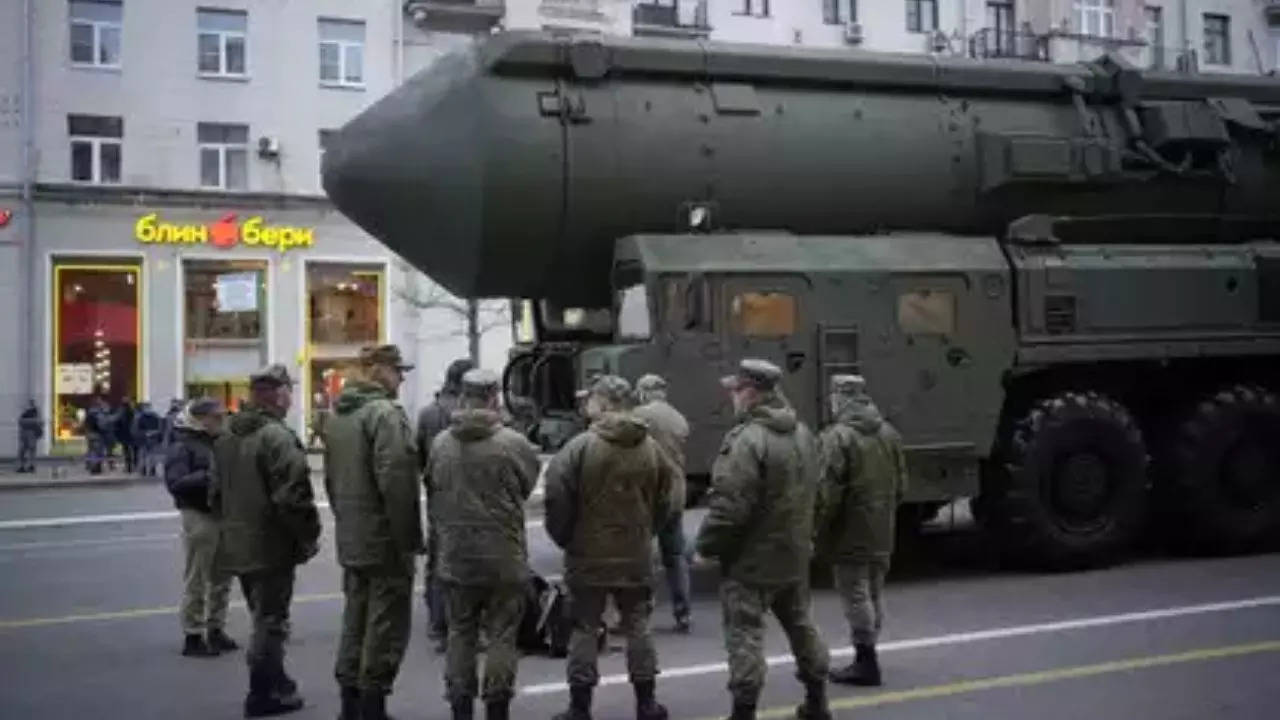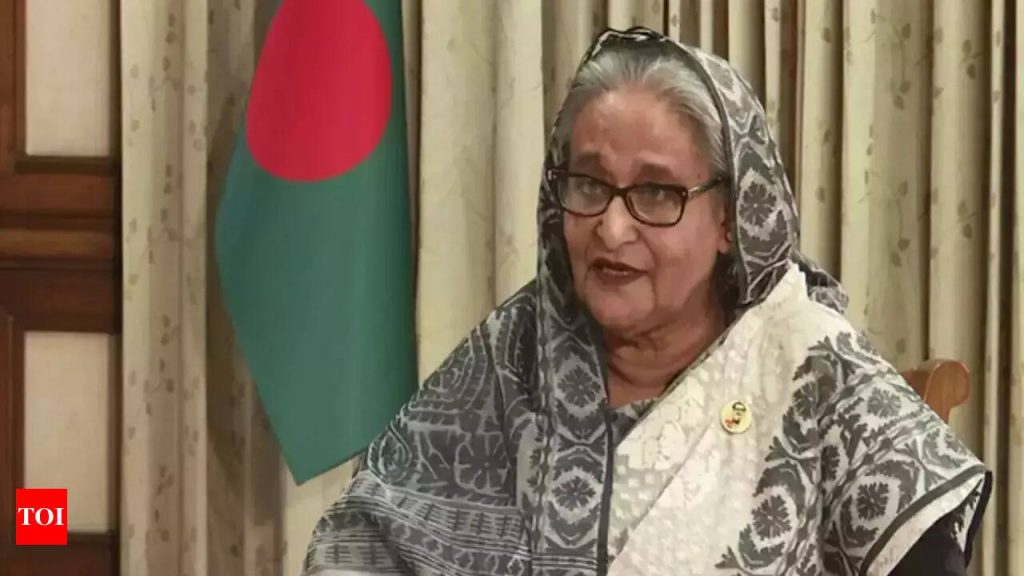After the dissolution of the Soviet Union, Ukraine inherited a substantial nuclear stockpile, which it eventually gave up due to financial constraints and geopolitical concerns. The 1994 Budapest Memorandum assured security assurances to Ukraine, but these proved futile when Russia annexed Crimea and backed separatists in Ukraine. The current Russia-Ukraine conflict underscores Ukraine’s security vulnerabilities in the absence of nuclear deterrence. This development has significant implications for regional security dynamics in Eastern Europe. The situation serves as a stark reminder of the complexities and challenges faced by countries navigating the delicate balance between strategic defense capabilities and international relations. The need for effective security mechanisms and alliances remains paramount for Ukraine as it grapples with ongoing threats to its sovereignty and territorial integrity. The global community continues to monitor the evolving situation in the region, emphasizing the importance of diplomatic efforts to de-escalate tensions and uphold international norms. The ramifications of the conflict extend beyond the borders of Ukraine, impacting broader geopolitical dynamics and strategic considerations. As Ukraine navigates these complex challenges, the quest for stability and security remains a top priority for the country and its allies.

Posted in
JUST IN
“Ukraine’s Decision to Give Up Nuclear Weapons Haunts Them Amid Russia Conflict: A Lesson in Security Vulnerabilities”
In Trend

“India’s COVID-19 vaccination drive reaches 100 million doses milestone, a significant achievement amid the pandemic”



















